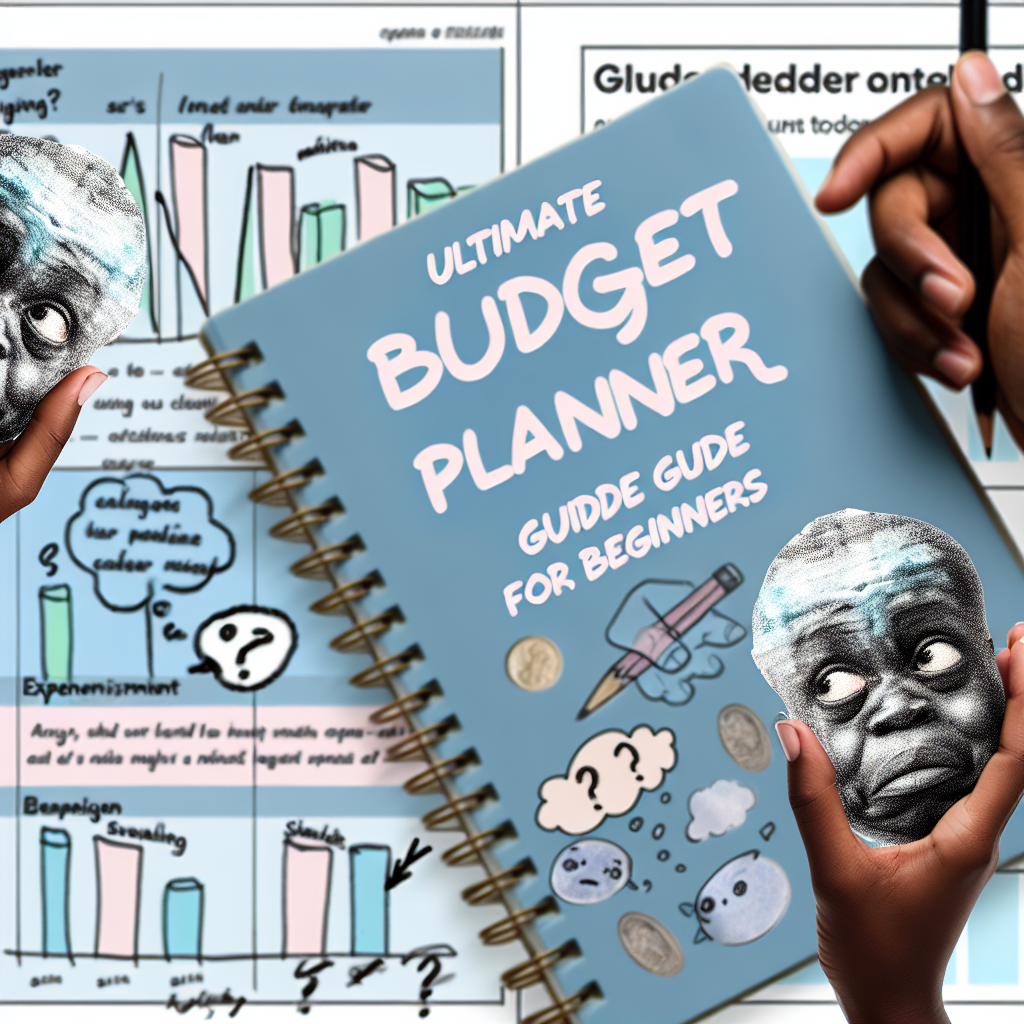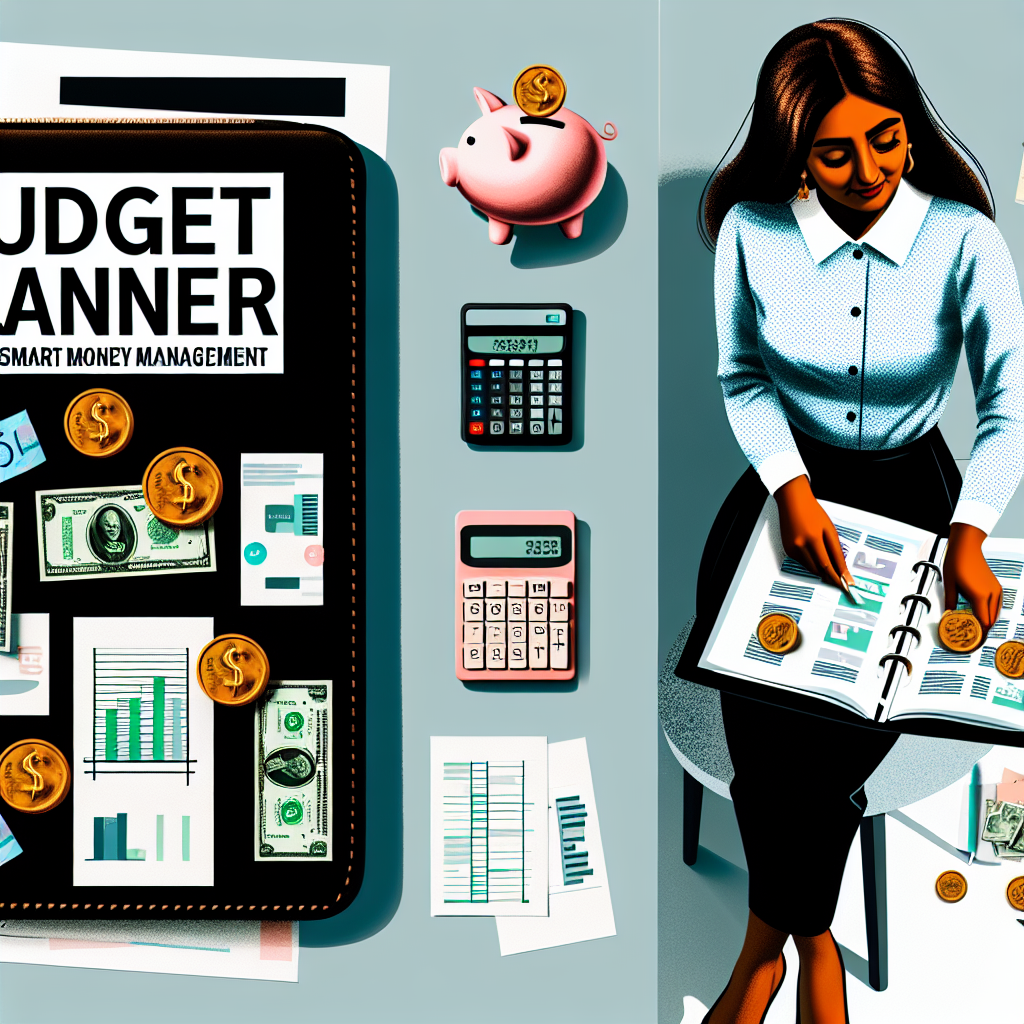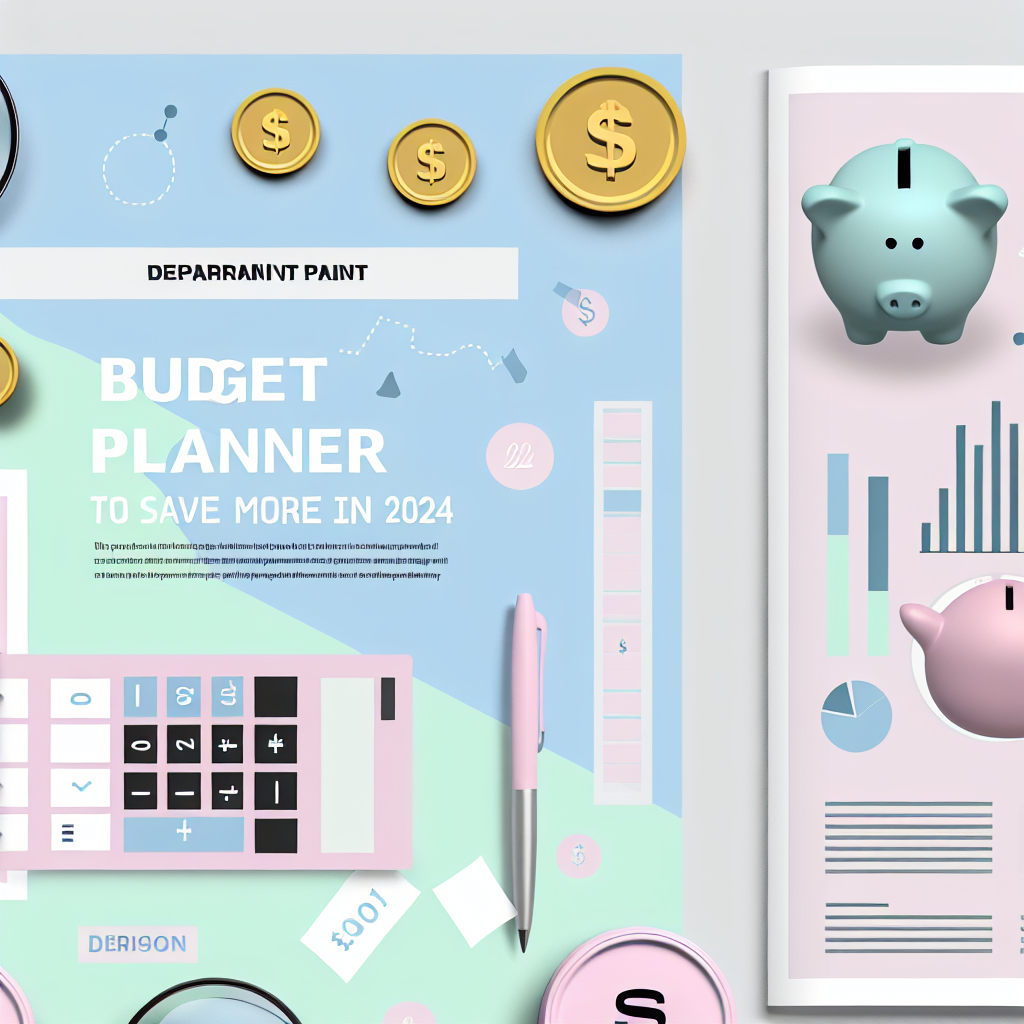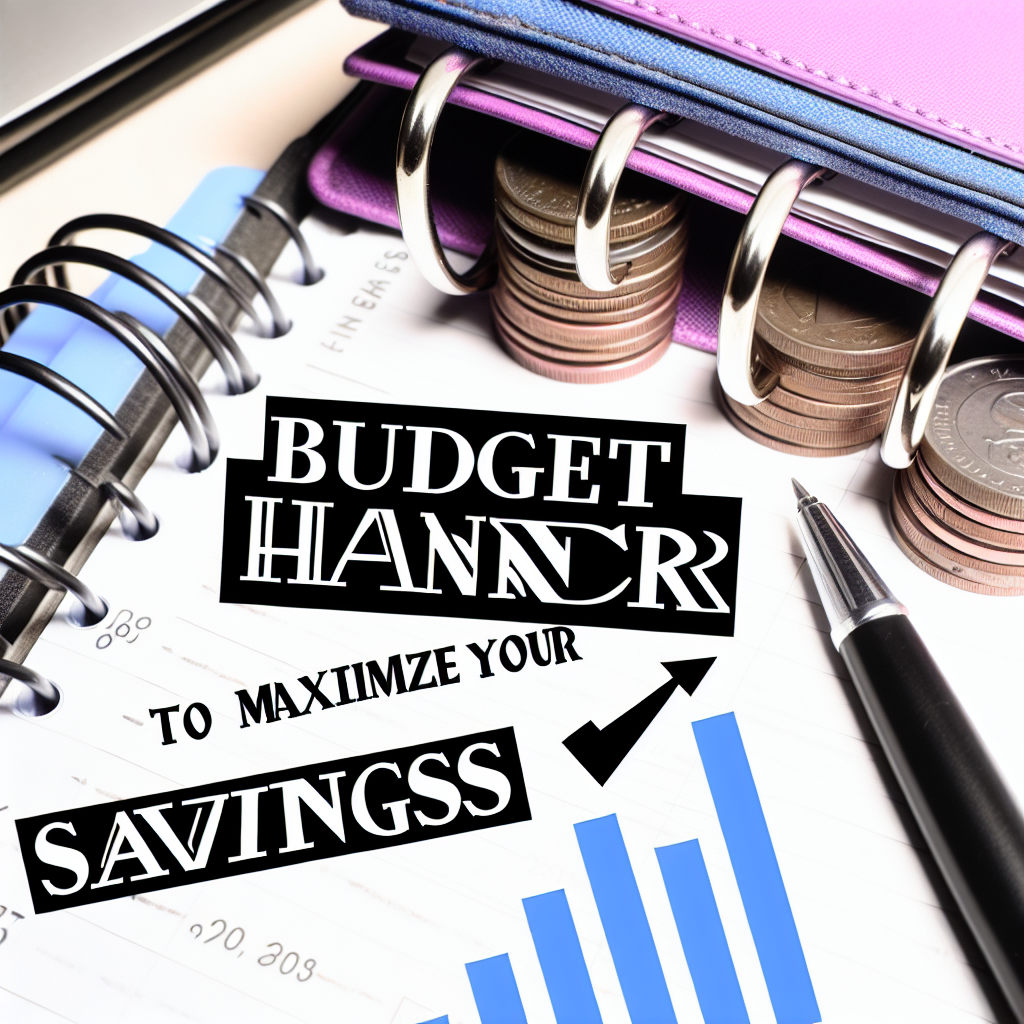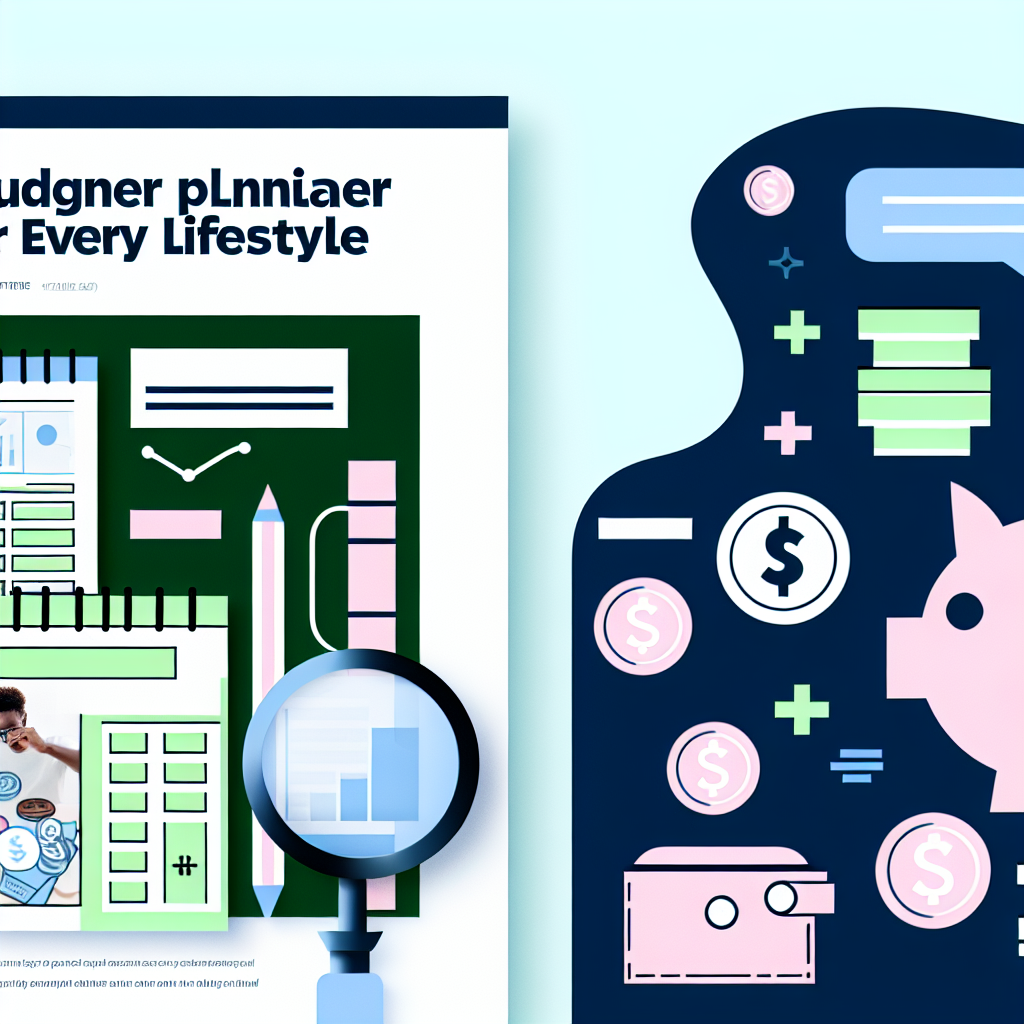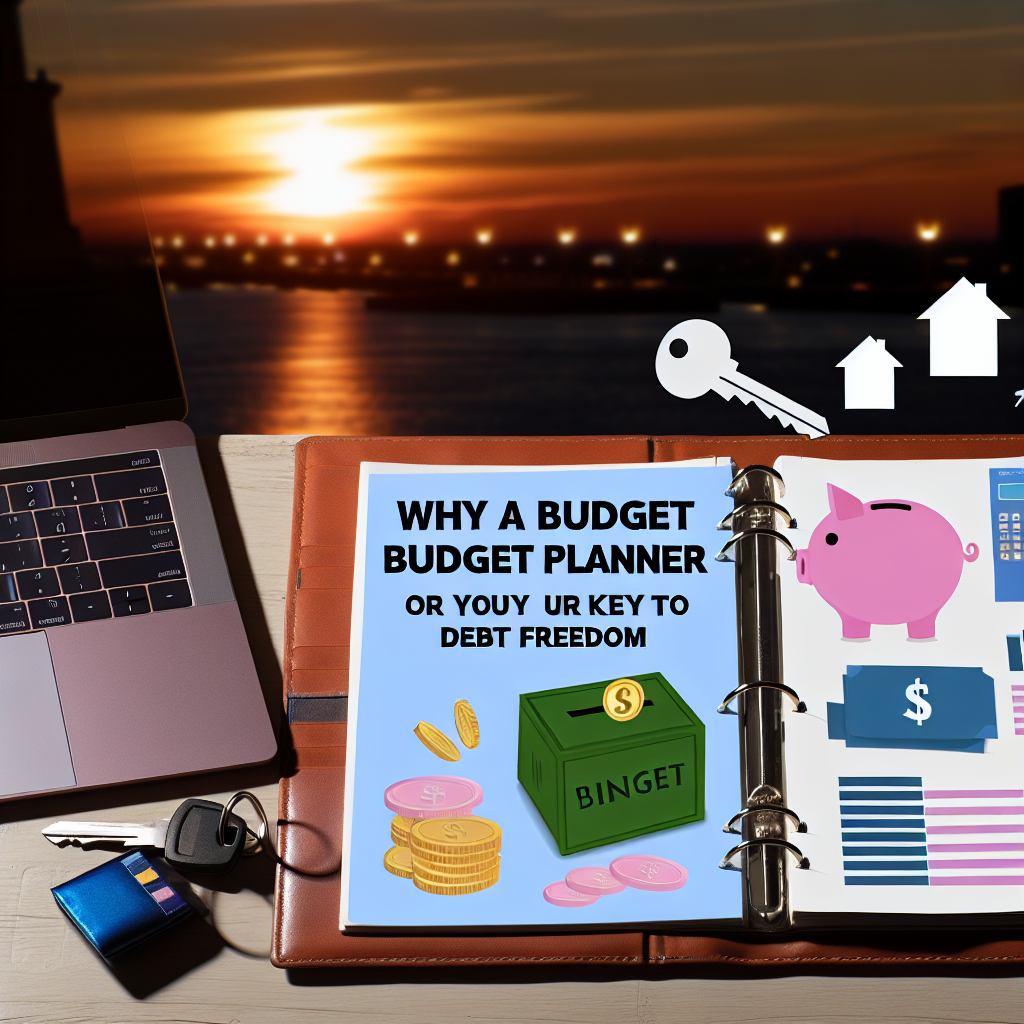=
There was a time when my “budget planner” was a crumpled napkin with coffee stains and the words “NO SPENDING” written in giant, desperate letters. Spoiler alert: it didn’t work. I was in my late twenties, juggling a couple of part-time jobs, and rent was this looming monster that swallowed most of my paycheck. I felt like I was constantly one step behind, watching my bank balance like it was a ticking time bomb. The whole idea of a “budget planner” sounded like something financial gurus used, not someone who once paid $12 for a latte and regretted it immediately.
But here’s the thing — that messy napkin was my first attempt to wrestle control back from my chaotic money habits. It was imperfect, embarrassing, and honestly kind of sad. Yet, it was the start of a journey that, years later, would teach me that the Ultimate Budget Planner Guide for Beginners isn’t about spreadsheets or apps or perfect math. It’s about the messy, real-life process of figuring out how to live with your money instead of being ruled by it.
The “Aha!” Moment: Budgeting Isn’t About Perfection
After countless failed attempts—like the time I tried to track every single expense in a notebook and gave up after three days—I finally had a breakthrough. Budgeting wasn’t about locking myself in a cage of rules or denying myself every little pleasure. It was about understanding my own money story and creating a plan that worked for my life, flaws and all.
That realization hit me like a splash of cold water: the Ultimate Budget Planner Guide for Beginners wasn’t a rigid formula. It was a toolkit for kindness—to myself and my finances. It was about building a relationship with money where I wasn’t scared or ashamed, but curious and in control.
How I Learned to Budget Without Losing My Mind
The first thing that actually worked for me was ditching the idea of a “perfect budget.” Instead, I started with something ridiculously simple: I wrote down my fixed expenses—the rent, utilities, phone bill—because those were the bills that never went away. It felt like finally naming the monsters under my bed.
Next, I gave myself permission to have a “fun money” category. I remember being hesitant to try this because I thought, “If I’m serious about budgeting, I shouldn’t be spending on anything fun.” But that little allowance stopped me from feeling deprived and helped me avoid those impulsive splurges that used to wreck my week.
This trick might sound weird, but I started setting reminders to check in on my spending—not daily, because that was overwhelming—but once a week. It was like having a casual chat with my money rather than a scary interrogation. Over time, those small check-ins helped me spot patterns and adjust before things got out of hand.
Finally, I learned to forgive myself when things didn’t go as planned. I’m not going to lie—there were weeks when I spent way more than I intended or forgot to track expenses altogether. Instead of beating myself up, I treated those moments as part of the process, like learning to ride a bike with a few falls along the way.
I Get It—Budgeting Feels Scary and Overwhelming
I know what you might be thinking right now: “This sounds hard,” or “I don’t have enough money to even start budgeting.” Believe me, I thought the exact same things. When your paycheck barely covers rent and groceries, the idea of planning every dollar feels like adding another stress on top of an already full plate.
But here’s the truth: budgeting isn’t about having a lot of money. It’s about making your money work for you, no matter how little or much you have. And it’s okay to start small. Even just writing down where your money goes can feel like a huge victory. You don’t have to be perfect—you just have to be willing to try.
A Little Message From Me to You
If you’re feeling stuck or overwhelmed, know that you’re not alone. I’ve been there, with a bank account that looked like a rollercoaster and a budget that was basically a wish list. The best thing you can do today is take one tiny step. Maybe it’s writing down your rent and bills, or setting a reminder to check your bank balance once a week. Whatever it is, it matters.
Building a healthy relationship with money isn’t about being perfect or rich. It’s about showing up for yourself, even when it’s messy and hard. So go easy on yourself, keep trying, and remember—you’ve got this.
💡 Want more tips like this? Explore more ways to save funds and plan your budget wisely!

